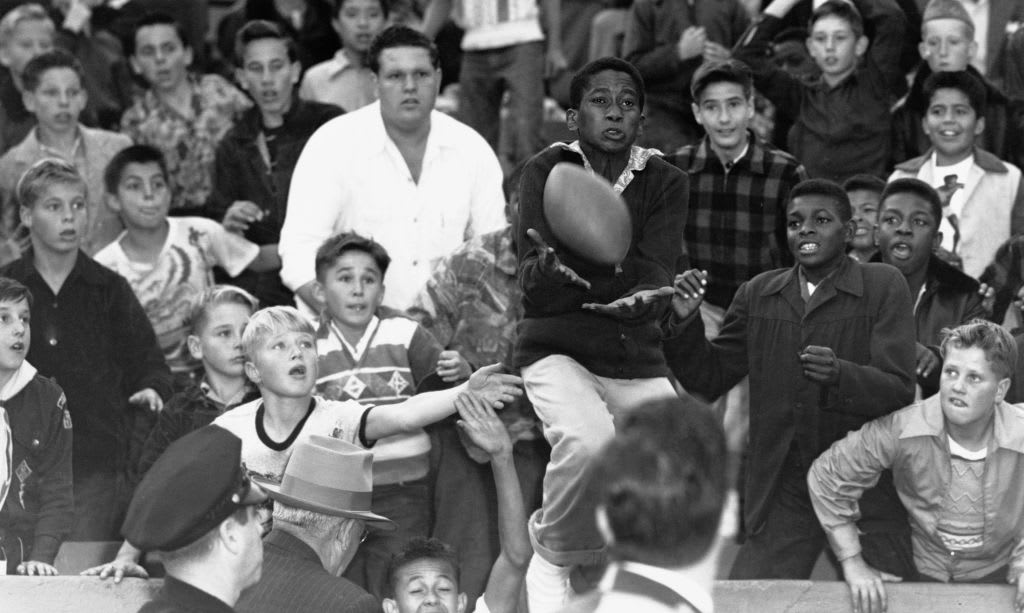Colleges could lose $1 billion by nixing football and other fall sports
Colleges around the U.S. that have cancelled their fall sports because of the coronavirus stand to lose a total of more than $1 billion, according to experts. That figure — which represents ticket sales, merchandise purchases and other revenue that schools will forgo without sporting events — could grow if more colleges suspend football, soccer, hockey and other games.
Officials with the Big Ten and Pacific-12 conferences have already suspended fall sports. Those conferences are members of the so-called Power 5, a group of college athletics conferences that have historically been the most successful competitively as well as the most lucrative. For now, other Power 5 members – the Atlantic Coast Conference, the Big 12 and the Southeastern Conference – are forging ahead with fall sports.
Still, the announcement from the Big Ten and Pac-12 means powerhouse football schools like Ohio State University and the University of Oregon will not have ticket-paying fans or nationally broadcast games.
The loss of revenue from the football teams alone will likely cripple entire athletics departments and lead to temporary furloughs and salary reductions, said Patrick Rishe, a sports business professor at Washington University in St. Louis. Elite football programs bring in $18 million to $22 million in ticket sales each season.
"With these schools having average overall revenues of roughly $121 million, this means football accounts for roughly 50% of the average Power 5 program's overall athletics revenue," Rishe told CBS MoneyWatch. "So if we don't play football at all in 2020-21, these are the losses we'll see across the spectrum."
The Big Ten and Pac-12 each generated more than $1 billion in revenue in 2018. Those figures include multi-million dollar broadcast contracts with major networks including CBS, FOX and ESPN, which is owned by Disney.
During an earnings call earlier this month, Disney CEO Robert Chapek dodged one analyst's question about the potential financial impact of an abridged college football season on the company's revenue.
Bob Dorfman, a sports marketing expert at Baker Street Advertising in San Francisco, told Reuters that networks will be scrambling to find other content to broadcast now that there's a void when college football normally airs. The problem is, there's "little to replace the demographic power of college football," he said.
College football is a $4 billion industry that saw conferences generated a combined $1.2 billion in television advertising last year alone, according to Bloomberg News.
Broadcasters could seek to renegotiate their contracts with college conferences because of game cancellations, a move that could also cost colleges money. But Amy Perko, CEO of the Knight Commission on Intercollegiate Athletics, noted that the Big Ten and Pac-12 both have their own TV networks and could show games if gridiron action returns in 2021.
Big Ten and Pac-12 officials said they hope the coronavirus outbreak will subside enough to offer sports next spring. The conferences could play fall sports during the spring semester, but doing so would complicate the timeline of other equally important athletics activities as well as raise other issues.
One example: Football games would be scheduled alongside college basketball's annual March Madness tournament. The NFL would also have to consider pushing its new player draft into the summer in order to give students time to finish their spring games and try out for a professional team.



